Mohamed Gamal
Modular Secrets to Lightning-Fast Android Builds
#1about 2 minutes
The daily struggle with slow Gradle builds
Slow and failing Gradle builds are a common frustration for Android developers that can be solved with better project architecture.
#2about 3 minutes
How modularization enables incremental builds
Splitting a monolithic project into smaller, independent sub-projects allows Gradle to use incremental builds and only recompile what has changed.
#3about 3 minutes
Using `implementation` instead of `api` for dependencies
The `api` configuration leaks transitive dependencies to downstream modules, causing unnecessary recompilations, whereas `implementation` encapsulates them.
#4about 2 minutes
Breaking up generic "commons" modules
Generic "commons" modules violate the single responsibility principle and become a bottleneck for recompilation, so they should be split into smaller, feature-specific modules.
#5about 2 minutes
Splitting large feature modules for faster testing
Large, complex feature modules should be broken down into smaller submodules and paired with a dedicated sample app for faster, isolated testing.
#6about 1 minute
Using public API modules to reduce recompilation
For frequently changing domains, separate the stable public API with interfaces from the implementation to prevent cascading recompilations in dependent modules.
#7about 4 minutes
Removing dependencies with a navigation system
Eliminate direct module dependencies required only for navigation by implementing a centralized system using deep links or a custom navigator pattern.
#8about 5 minutes
Unifying build logic with Gradle convention plugins
Create custom Gradle convention plugins to centralize and reuse build configurations like Hilt, Detekt, and library settings across all modules.
#9about 2 minutes
Centralizing dependencies with version catalogs
Use a TOML-based version catalog to define all library versions and plugins in a single file, ensuring consistency and simplifying updates across the project.
#10about 2 minutes
Sharing version catalogs in a polyrepo setup
For projects spanning multiple repositories, create and publish a custom Gradle settings plugin to share a single version catalog and maintain dependency consistency.
Related jobs
Jobs that call for the skills explored in this talk.
Matching moments
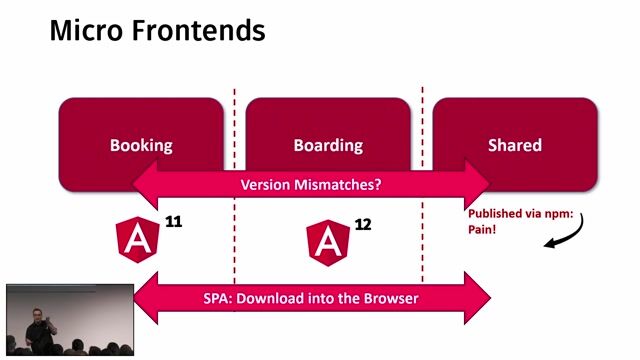
08:17 MIN
Introducing the modular monolith as a practical alternative
Stairway to Heaven - Scaling Frontends the Right Way

30:27 MIN
Key strategies for improving build performance
Give your build some love, it will give it back!
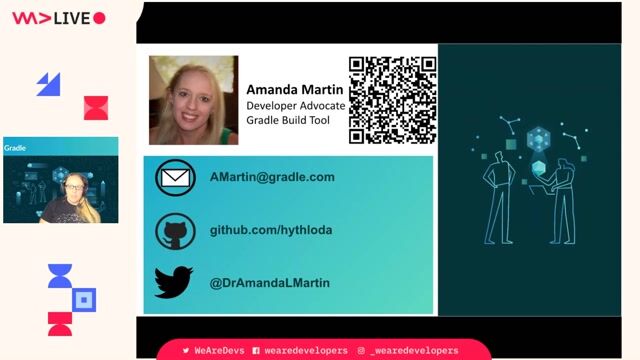
00:25 MIN
Understanding Gradle as an extensible build automation tool
Give your build some love, it will give it back!
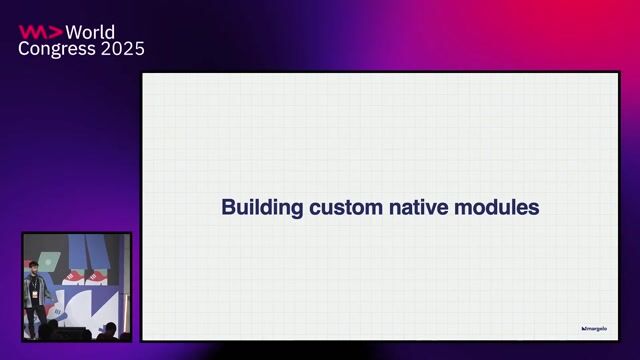
15:25 MIN
Comparing approaches for building custom native modules
Building Better Apps with React Native

21:53 MIN
Why simple code co-location is not enough
Nx - the easy choice
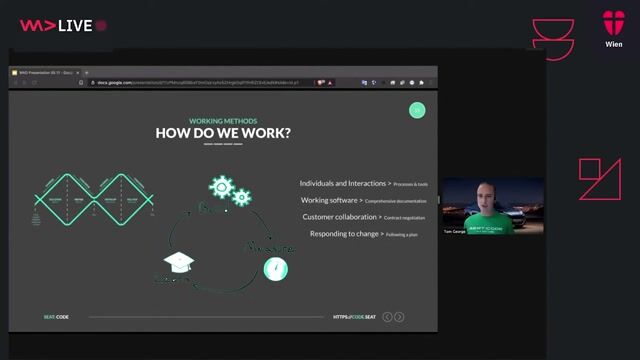
26:25 MIN
Exploring the platform's technology stack and architecture
Shared mobility for everyone!
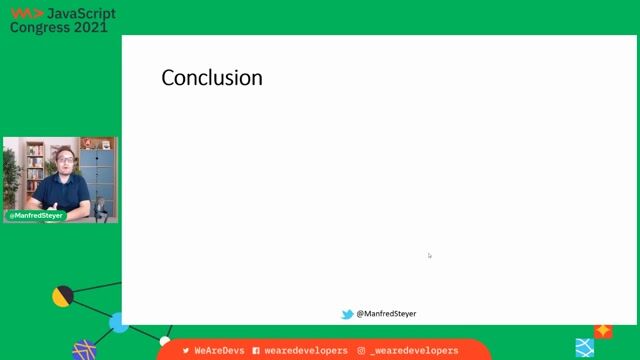
42:08 MIN
Key takeaways for advanced module federation usage
Micro-Frontends with Module Federation: Beyond the Basics
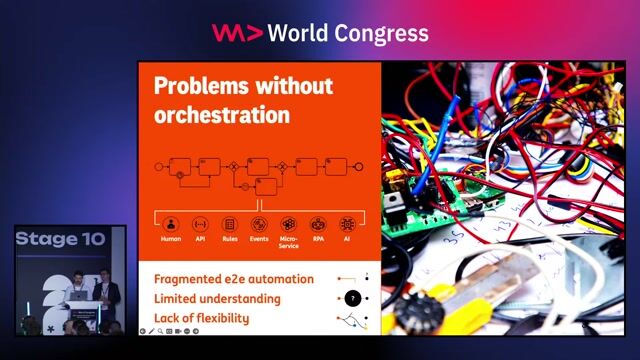
11:11 MIN
Building modular workflows with decoupled processes
Transforming Task Management: Integrating Camunda with Scalable Frontend Solutions
Featured Partners
Related Videos
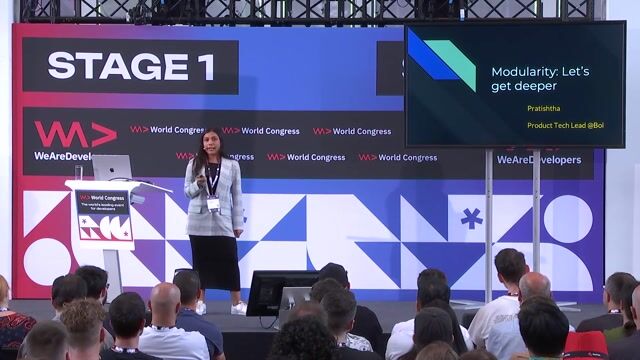 27:19
27:19Modularity: Let's dig deeper
Pratishtha Pandey
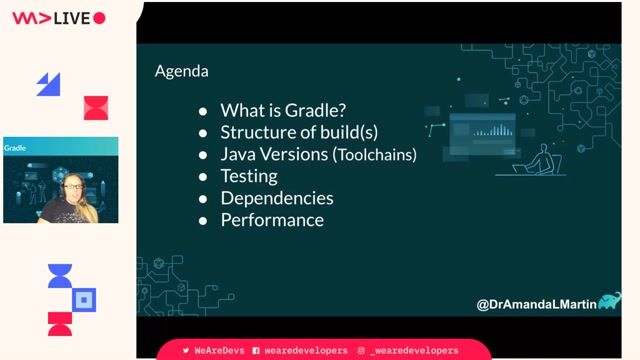 45:39
45:39Give your build some love, it will give it back!
Amanda Martin
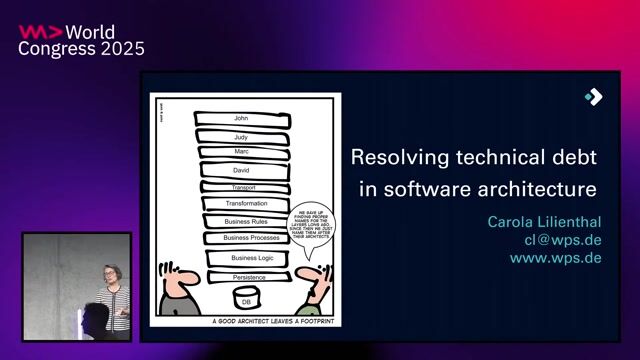 24:38
24:38Resolving technical debts in software architecture
Carola Lilienthal
 24:10
24:10Challenges of building React and React Native apps
Milica Aleksic & Stefan Nikolic
 25:15
25:15Optimizing Your App for Success: Tips and Techniques for managing slow devices
Milica Aleksic & Nemanja Petrovic
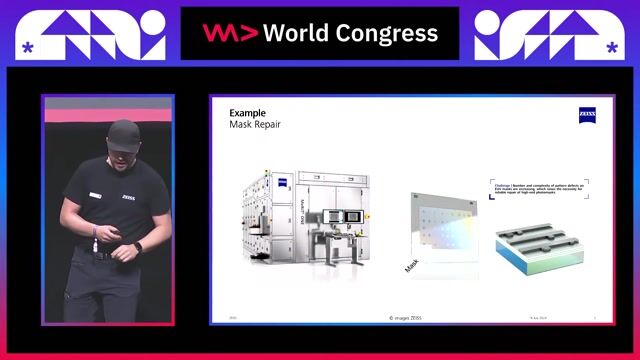 30:12
30:12Modulith Instead of Monolith - Pragmatically Towards Microservices
Hendrik Lösch
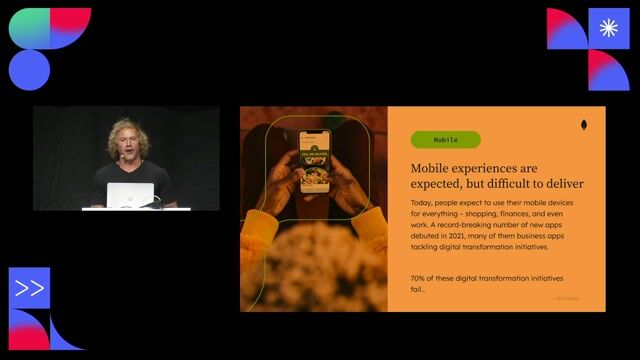 25:08
25:08Build Delightful Mobile Experiences with Kotlin, Realm, and Atlas Device Sync
Timothy Marland
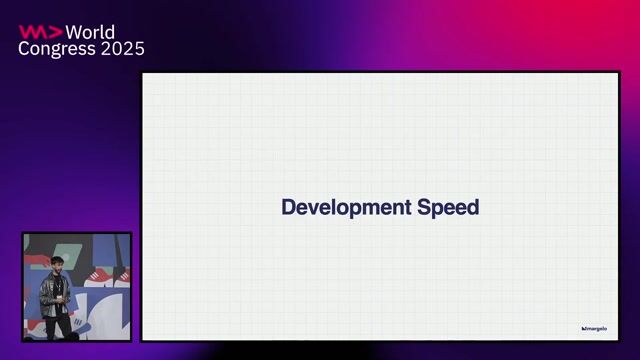 23:09
23:09Building Better Apps with React Native
Marc Rousavy
From learning to earning
Jobs that call for the skills explored in this talk.


Mid/Senior Android Engineer - Hybrid working model 100%, Ho Chi Minh City
SMG Swiss Marketplace Group
Ho Chi Minh City, Viet Nam
Senior

Senior Software Engineer für App-Entwicklung (m/w/d)
convivo GmbH
Berlin, Germany
€50-75K
Intermediate
Senior
Dart
Flutter




Principal Backend Architect - Java Refactoring & Modernization
primion Technology GmbH
Remote
API
XML
Java
Spring
+3

Principal Backend Architect - Java Refactoring & Modernization
primion Technology GmbH
Remote
API
XML
Java
Spring
+3

Solution Architekt:in Mobile Computing
Enterprise Architect Logistics Services
Remote
Java
.NET
Scrum
Kafka
+8